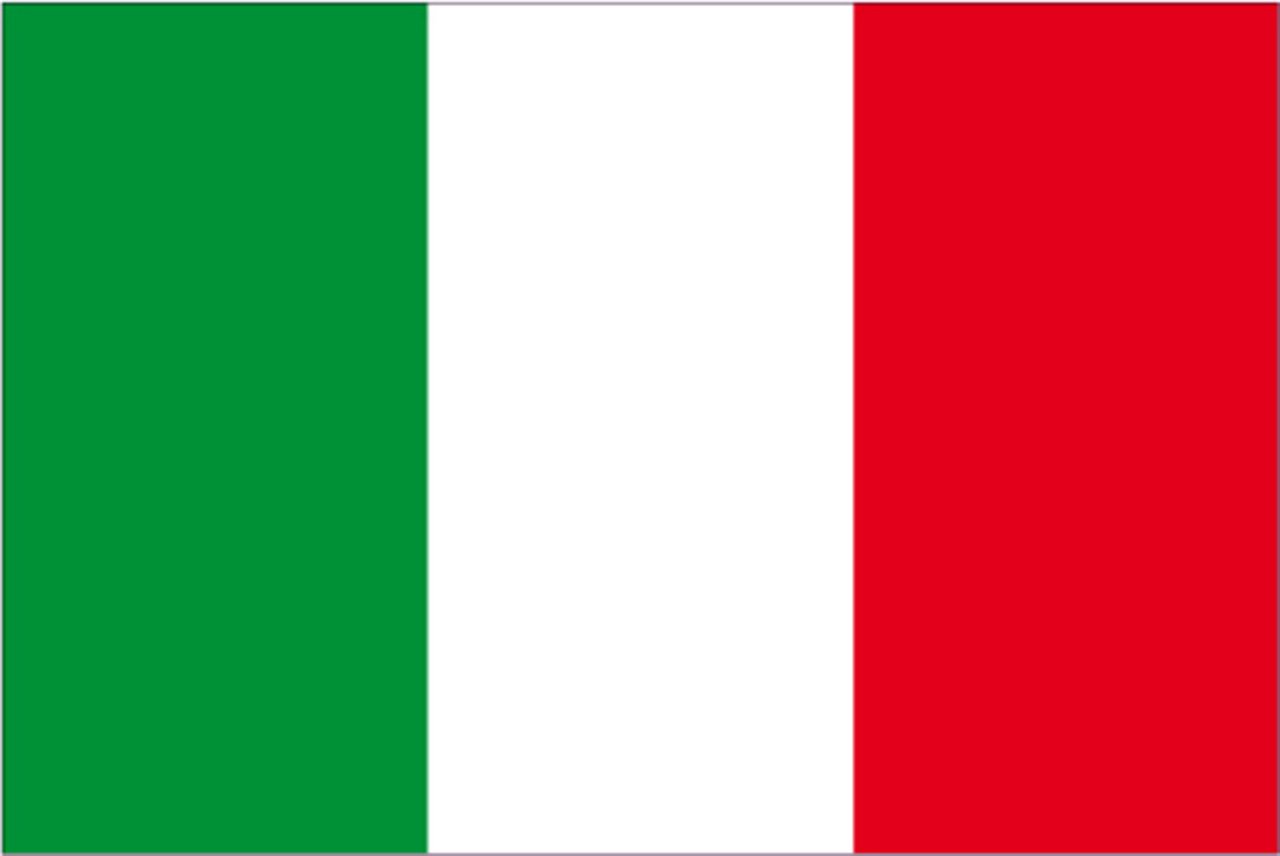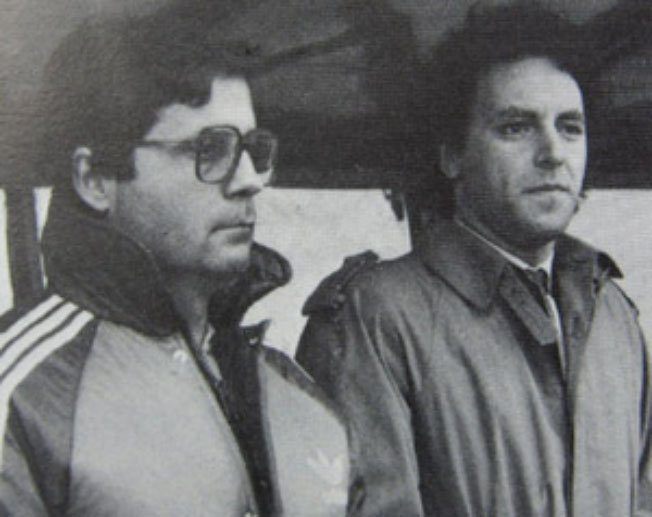
Royalty-free image from Pixabay
This article was written by combining my (poor) knowledge of the English language with the help of an automatic translator. Please, forgive any mistakes you may have. Thank you.

The words were spoken by the CEO of Inter, Beppe Marotta, during the Glocal 2020 convention, the Journalism Festival organized by the Lombard newspaper VareseNews, made a lot of noise. : the experienced manager of the Milanese team described in his speech a rather worrying scenario for the financial situation of Italian clubs.
In his homeland, Marotta did not mince words in defining the current situation of professional clubs as rather dramatic:
The situation for Italian football is devastating. We held the first meetings with advisors such as Deloitte to estimate the damage figures and see what the scenario would be in the short and medium-term, the situation was and is devastating.
The interruption due to the situation linked to covid-19, together with the measures taken for containment, have confronted almost all the professional clubs in the face of an unimaginable tsunami, even in the most dramatic of forecasts.
Not that the golden world of football was doing well before, but it has been calculated that the shareholders of the top clubs, already forced over the years to recapitalize their companies always at a loss, would have to quadruple their investments to bring them back to an acceptable financial level.
It is understood that, in the absence of a rapid trend reversal, the bubble is bound to burst. The expert manager has identified which items of expenditure, in particular, risk damaging the entire movement, if not corrected promptly:
The big problem that football has today is that the cost of labor is disproportionate to the turnover that was made and made. Today we are faced with a turnover that has actually decreased given the absence of box office revenues, revenues from sponsors that have begun to run away and reduce investments, and finally the issue of TV rights.
Either we all come together and make univocal decisions, so not club by club, or we are facing a dramatic situation. The cost of labor represents 70% of turnover and no company in any sector can withstand such a high cost of labor, it means failing unless you find a patron or through debt.
To use other words: dear players, the time of the fat cows is over. If you want to continue to enjoy the toy that made you rich and famous, you will have to accept what to accept, soon, to level down your salaries.
In fact, it is no coincidence that several players, even among the most famous names, are encountering serious difficulties in renewing contracts with their current club: obviously insensitive to the crisis, few seem to want to accept a downsizing, believing that they can still long place the knife on the handle side.
So from January, unless agreements that at the moment appear difficult, they will be free to marry where players of the caliber of Depay, Donnarumma, Ibrahimovic, Di Maria want, and from the following year even more high-sounding names, such as those of Mbappé and Pogba.
If there will always be clubs that will always be able to offer a home to excellent names (I am referring to those who can boast of the economic boost of entire states), it is also true that these will not be able to satisfy everyone's requests, teams willing to widen the purse strings to secure this or that player, there will be fewer and fewer.
In this regard, we are witnessing in Italy the reorganization of the club that more than others has driven Italian football in the last decade, and of course, I am referring to Juventus: for the bianconeri, who have reached the peak of their splendor to sign even the strongest. footballer of the world, the times in which you can dream of similar purchases seem to be over.
The company has set up a multi-year plan for the gradual rejuvenation of the squad and for Cristiano Ronaldo's thirty million annually, or for the contractual whims of players who have never fully exploded, like Dybala, it is likely that there will soon be no more space.
Whatever happens, a reorganization of the world of football appears inevitable, and perhaps that was what everyone had been asking for some time, with the salary bubble of footballers reaching an unsustainable level.
Read also:
- When the coach comes into conflict with the club
- Serie A Review - 7h round
- Fan stories, ep. 1 (Lazio-Juventus 1-1
- Fan stories, ep. 2 (Italy - Estonia 4-0)

Hanno fatto molto rumore le parole pronunciate dall'Amministratore Delegato dell'Inter, Beppe Marotta, durante la convention Glocal 2020, il Festival del Giornalismo organizzato dalla testata giornalistica lombarda VareseNews: il navigato dirigente della formazione meneghina ha descritto nel suo intervento uno scenario piuttosto preoccupante per la situazione finanziaria dei club italiani.
Nella sua terra natale, Marotta non ha avuto mezzi termini nel definire l'attuale situazione dei club professionistici come piuttosto drammatica:
La situazione per il calcio italiano è devastante. Facemmo le prime riunioni in Lega con advisor come Deloitte per stimare le cifre dei danni e vedere quale sarebbe stato lo scenario a breve e medio termine, la situazione era ed è devastante.
L'interruzione dovuto alla situazione legata la covid-19, insieme alle misure prese per il contenimento hanno messo di fronte la quasi totalità dei club professionistici di fronte ad uno tsunami inimmaginabile, nemmeno nelle più drammatiche delle previsioni.
Non che prima il dorato mondo del pallone se la passasse bene, ma si è calcolato che gli azionisti dei top club, già costretti negli anni a ricapitalizzare le proprie società sempre in perdita, dovrebbero quadruplicare gli investimenti per poterle riportare ad un livello finanziario accettabile.
Si comprende che, in assenza di una rapida inversione di tendenza, la bolla è destinata a scoppiare. L'esperto dirigente ha individuato quali voci di spesa, in particolar modo, rischiano di affossare l'intero movimento, se non corrette con tempestività:
Il grande problema che oggi ha il calcio è che il costo del lavoro è sproporzionato rispetto al fatturato che si faceva e che si fa. Oggi siamo davanti a un fatturato che è diminuito concretamente vista l’assenza dei ricavi da botteghino, dei ricavi da sponsor che hanno hanno cominciato a scappare e a ridurre gli investimenti e infine il tema dei diritti tv.
O ci si trova tutti insieme e si prendono decisioni univoche, quindi non club per club, oppure siamo davanti a situazione drammatica. Il costo del lavoro rappresenta il 70% del fatturato e non c’è azienda in alcun settore che può reggere un costo del lavoro così alto, significa fallire a meno di non trovare un mecenate o attraverso indebitamento
Tradotto in altre parole: cari giocatori, il periodo dell vacche grasse è terminato. Se volete continuare ad usufruire del giocattolo che vi ha resi ricchi e famosi, dovrete per forza di cosa accettare, in un prossimo futuro, un livellamento verso il basso dei vostri stipendi.
Non è un caso infatti che diversi calciatori, anche tra i nomi più celebri, stiano incontrando pesanti difficoltà nel rinnovare i contratti con il loro attuali club di appartenenza: evidentemente insensibili alla crisi, in pochi sembrano voler accettare un ridimensionamento, credendo di poter ancora a lungo disporre del coltello dalla parte del manico.
Così da Gennaio, a meno di accordi che al momento appaioni difficoltosi, saranno liberi di accasarsi dove vogliono calciatori del calibro di Depay, Donnarumma, Ibrahimovic, Di Maria, e dall'anno seguente nomi ancora più altisonanti, come ad esempio quelli di Mbappé e Pogba.
Se con buona probabilità esisteranno sempre i club che potranno offrire una casa ai nomi eccellenti (mi riferisco a quelli che alle spalle possono vantare sulla spinta economica di interi stati), è anche vero che questi non potranno soddisfare le richieste di tutti, e che di squadre disposte ad allargare i cordoni della borsa per assicurarsi questo o quel giocatore, ne esisteranno sempre di meno.
A questo proposito stiamo assistendo in Italia alla riorganizzazione del club che più di altri ha trainato il calcio italiano in quest'ultimo decennio, e mi riferisco naturalmente alla Juventus: per i bianconeri, arrivati nel punto massimo del loro splendore ad ingaggiare addirittura il più forte claciatore del mondo, i tempi in cui si possono sognare acquisti simili sembra essere tuttavia terminato.
La società ha impostato un piano pluriennale di graduale ringiovanimento della rosa e per i trenta milioni annuali di Cristiano Ronaldo, o per i capricci contrattuali di giocatori mai esplosi del tutto, come Dybala, è probabile che a breve non ci sarà più spazio.
Comunque vada a finire, una riorganizzazione del mondo del calcio appare inevitabile, e forse era quello che un po' tutti chiedevano da tempo, con la bolla degli stipendi dei calciatori arrivati ad un livello insostenibile.
Leggi anche:
- Quando l'allenatore va in conflitto con la società
- Serie A Review - 7^ giornata
- Le avventure di un tifoso, ep. 1 (Lazio-Juventus 1-1)
- Italyco Pallone III - ep. 1


